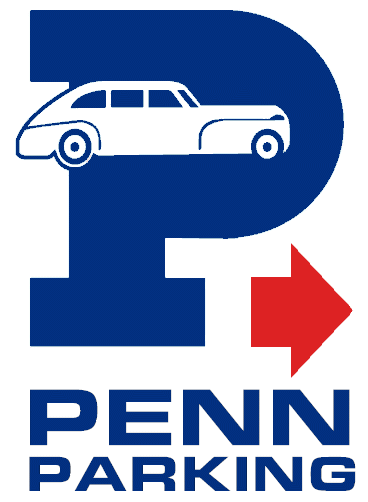As technology permeates every aspect of our daily lives, we’re given more options for on-the-go convenience. Even a decade ago, people who parked in garages were expected to carry cash in order to keep the operation running efficiently upon exit—they typically had their money ready to go when it was their turn to pay. Now, though, parking automation has swiftly changed the game from cash to credit—and in the next few years, we’ll likely see another shift to a rising contender: mobile pay.
Let’s take a closer look at the evolution of payment methods in parking operations, as well as what the future of payment entails.
Cash vs. Credit: The Convenience of Credit
Credit and debit cards were once simply a convenience—a safety net in case you had forgotten or run out of cash while out and about. Now, though, credit cards have overwhelmingly replaced cash as the preferred method of payment, even in parking facilities.
Although some operations opt to keep staff members on site in case of cash transactions, many have gone cashless for several reasons. First, automating garages can reduce the cost of staffing; rather than needing to pay for a person to sit in a booth and make cash exchanges, operations can instead implement automated machines that do these transactions for them.
Second, credit cards allow for much easier auditing. Rather than manually tracking cash transactions, machines automatically track the number and total value of transactions made everyday, and this data can be broken down in many forms for easy reporting.
Third, technology allows the credit card transaction to be much quicker, speeding up entrance and exit times.
Lastly, with the growth of stores that accept credit and debit cards and alternative options to pay for something, many people simply do not carry cash anymore—so why spend money staffing a booth, solely to collect cash when most people don’t use it?
The Future of Parking Payment: Mobile Pay
Technology is never static—it continues to evolve based on the challenges we face. While credit and debit cards are a highly convenient way to get in and out of parking garages, an innovative contender is beginning to arrive in operations: mobile pay.
Recently, parking apps like SpotHero and Parking Panda have led the way of mobile pay options. These apps give users, mostly transient parkers, the ability to view all parking options in a certain geographic radius; customers can sort by price and distance, and then pre-pay for convenience on their mobile device. When they arrive at the garage, they simply need to scan their QR code to enter and exit. This helps customers discover parking options they may not have considered before and is a great and unique way to build customer loyalty with competitive pricing.
In addition, on some parking control technology, monthly parkers can take advantage of their mobile device with PARCS vendor Bluetooth apps. So instead of scanning a physical card upon entry and exit, these customers can simply drive into an entry or exit lane and have their app read via Bluetooth technology. This app functions just like a card, except it’s on a customer’s phone and not in their wallet. While some people might argue that you always have a card on you, others say that the convenience of a mobile pay or mobile device options means that they’ll always have their payment method—their cell phone—on them.
Final Thoughts
Given the rate at which cash options are disappearing in parking operations, we predict that within the next couple years or so, cash will vanish as a viable payment method in favor of credit-card-only facilities. As well, we should see a dramatic rise in the number of operations utilizing mobile pay options. While adoption is currently slow due to the technology it requires,the convenience of mobile pay will drive customers to ask for this option in the garages where they park. And if your operation wants to stay competitive, it will listen to its customers and offer a variety of payment options for optimal satisfaction.
Contact us today for more information on the various payment methods available in parking garages.
